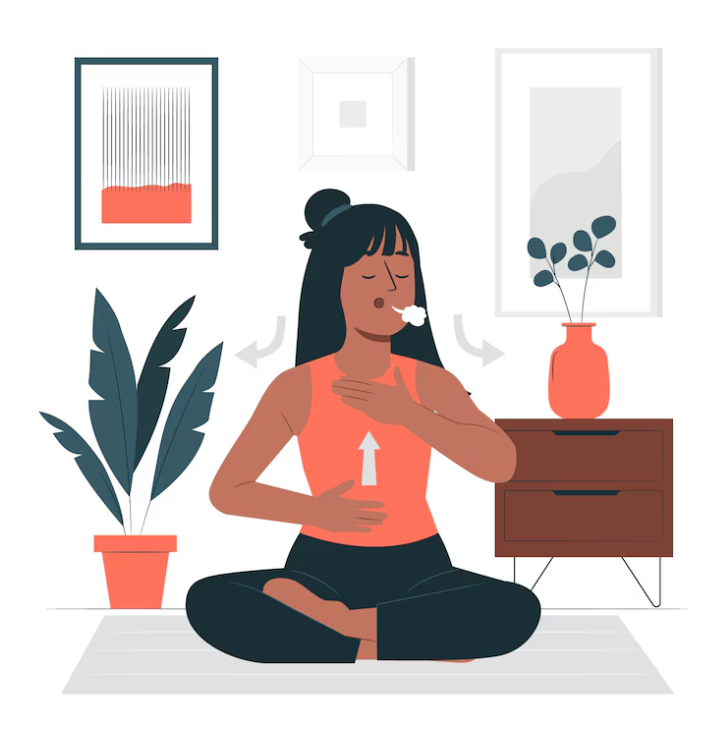
Breathing Techniques and Pulmonary Rehabilitation for Emphysema Patients
Introduction
Living with emphysema can make breathing feel like a constant struggle. However, with the right techniques and support, you can improve your lung function and quality of life. In this blog, we’ll explore several breathing techniques and pulmonary rehabilitation strategies specifically designed to help individuals with emphysema breathe easier.
1. Pursed Lip Breathing
Pursed lip breathing is a simple yet effective technique that can improve airflow and ease shortness of breath. Here’s how to do it:
- Inhale slowly through your nose for a count of two.
- Pucker your lips as if you’re going to whistle.
- Exhale slowly and gently through pursed lips for a count of four.
- Repeat as needed, focusing on keeping your breaths smooth and controlled.
By practicing this technique, you can help keep your airways open longer and improve your breathing.
2. Diaphragmatic Breathing
Diaphragmatic breathing helps strengthen your diaphragm muscle and allows for deeper, more efficient breathing. Follow these steps:
- Lie down on your back or sit comfortably in a chair with your feet flat on the floor.
- Place one hand on your chest and the other on your abdomen.
- Inhale deeply through your nose, allowing your abdomen to rise while keeping your chest still.
- Exhale slowly through pursed lips, feeling your abdomen fall.
- Repeat for several breaths, focusing on the rise and fall of your abdomen.
This technique helps you make the most of your lung capacity by using your diaphragm effectively.
3. Pulmonary Rehabilitation
Pulmonary rehabilitation is a program specifically designed for individuals with lung conditions like emphysema. These programs combine exercise, education, and support to help improve breathing and overall fitness. Some of the benefits include:
- Improved exercise tolerance and stamina
- Better management of symptoms like shortness of breath
- Increased knowledge and confidence in managing your condition
- Support from healthcare professionals and peers
Enrolling in a pulmonary rehabilitation program can make a significant difference in your ability to manage emphysema symptoms.
4. Stay Active
Regular physical activity can strengthen your muscles, improve lung function, and boost overall well-being. Choose activities that you enjoy and can do comfortably, such as walking, swimming, or gentle yoga. Start slowly and gradually increase the intensity as you build strength and confidence.
Physical activity can also help reduce stress and improve your mood, both of which are important for managing emphysema.
5. Practice Relaxation Techniques
Stress and anxiety can worsen symptoms of emphysema, making it harder to breathe. To help calm your mind and body, incorporate relaxation techniques such as:
- Deep breathing exercises
- Meditation
- Progressive muscle relaxation
By practicing these techniques, you can reduce stress levels and help your body relax, making breathing easier.
Conclusion
Emphysema may present challenges, but with the right techniques and support, you can take control of your breathing and improve your quality of life. Practice breathing exercises like pursed lip breathing and diaphragmatic breathing, consider enrolling in a pulmonary rehabilitation program, stay active, and prioritize relaxation to help manage your symptoms effectively.
To seek medical advice, always consult a Doctor. Here are our recommended experts.
Click here
To read more on Respiratory disease . Click Here


